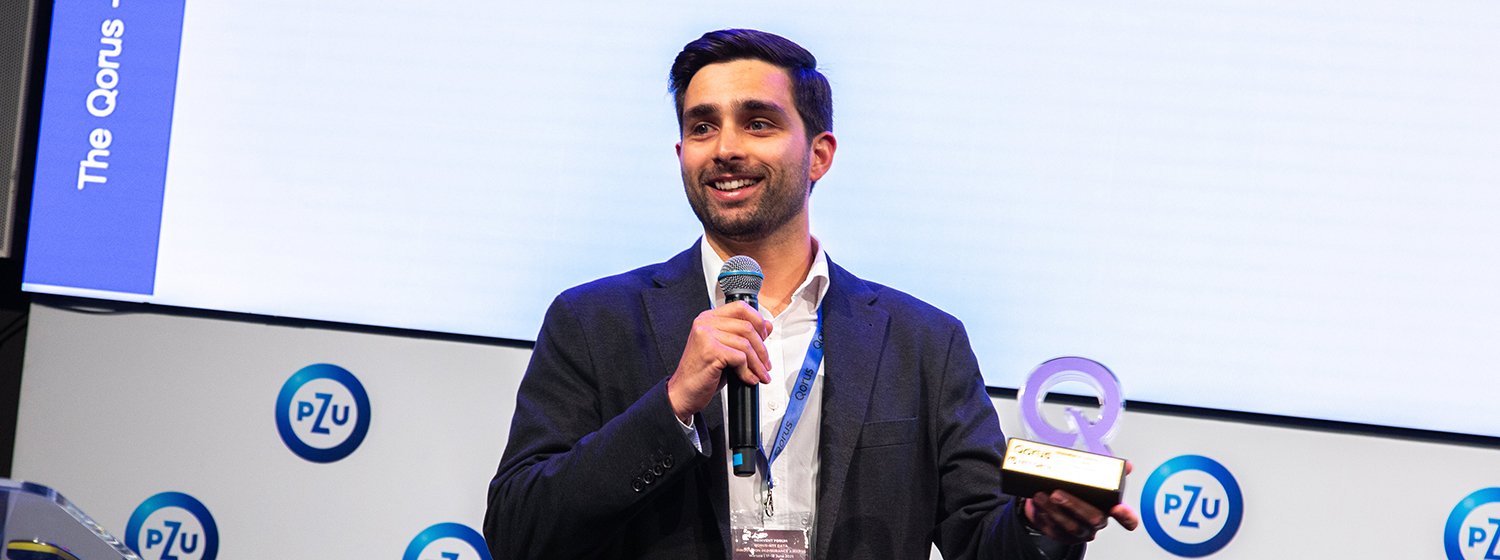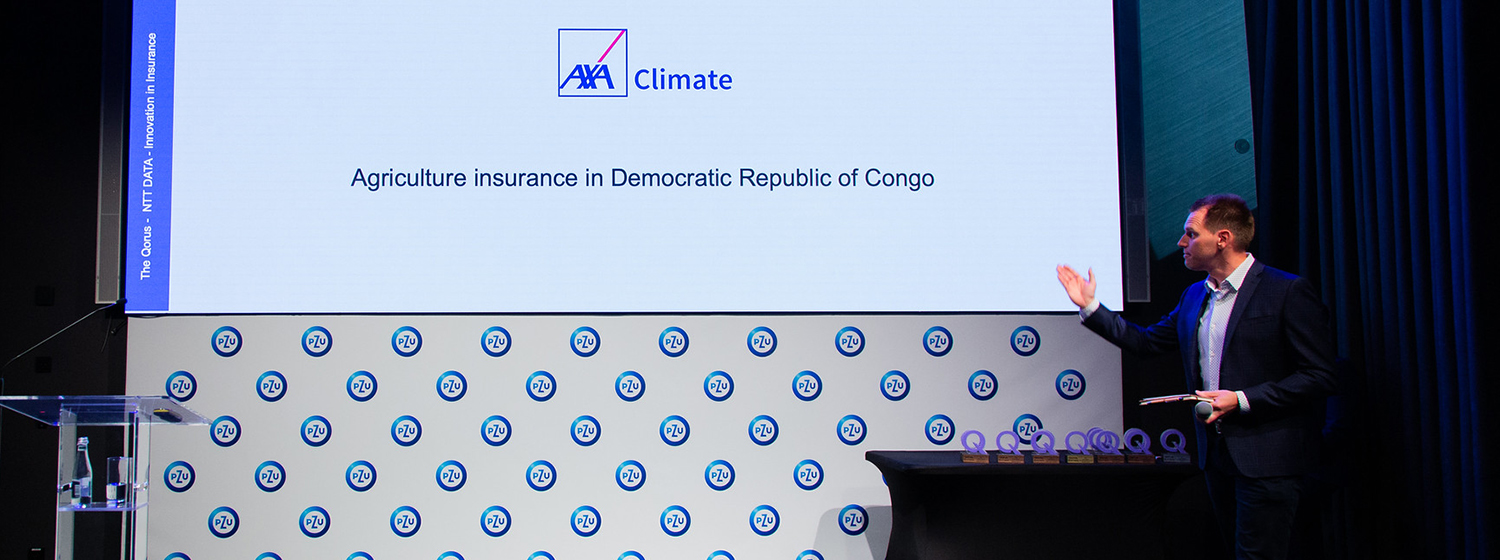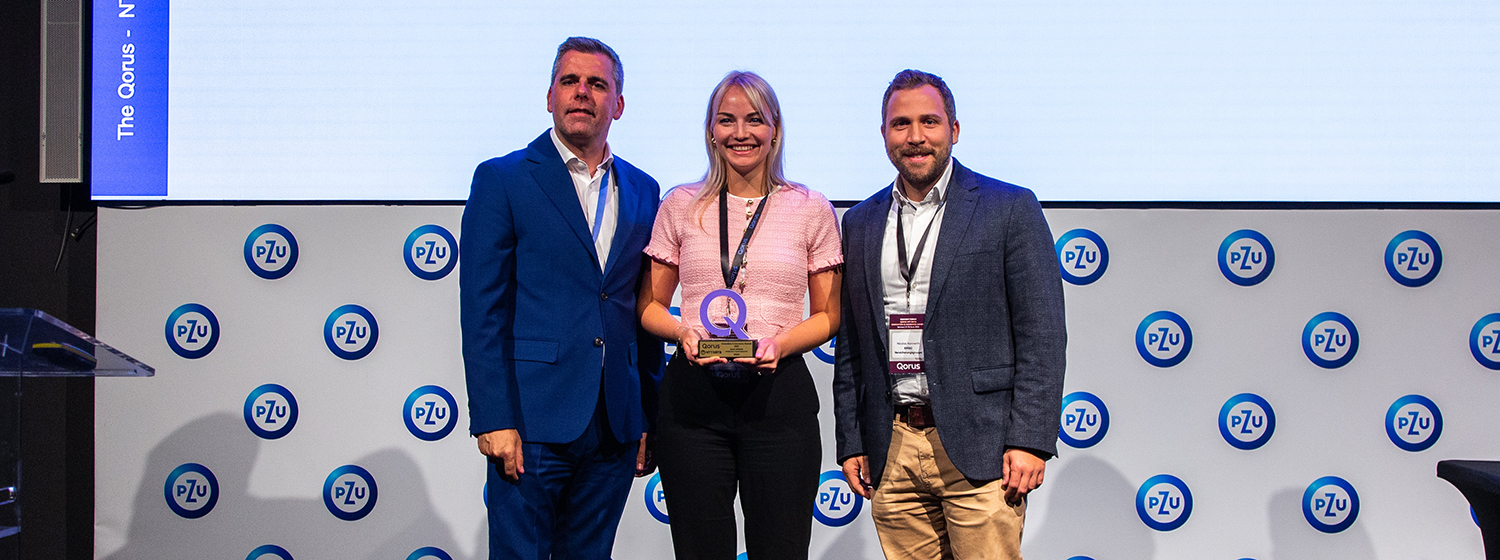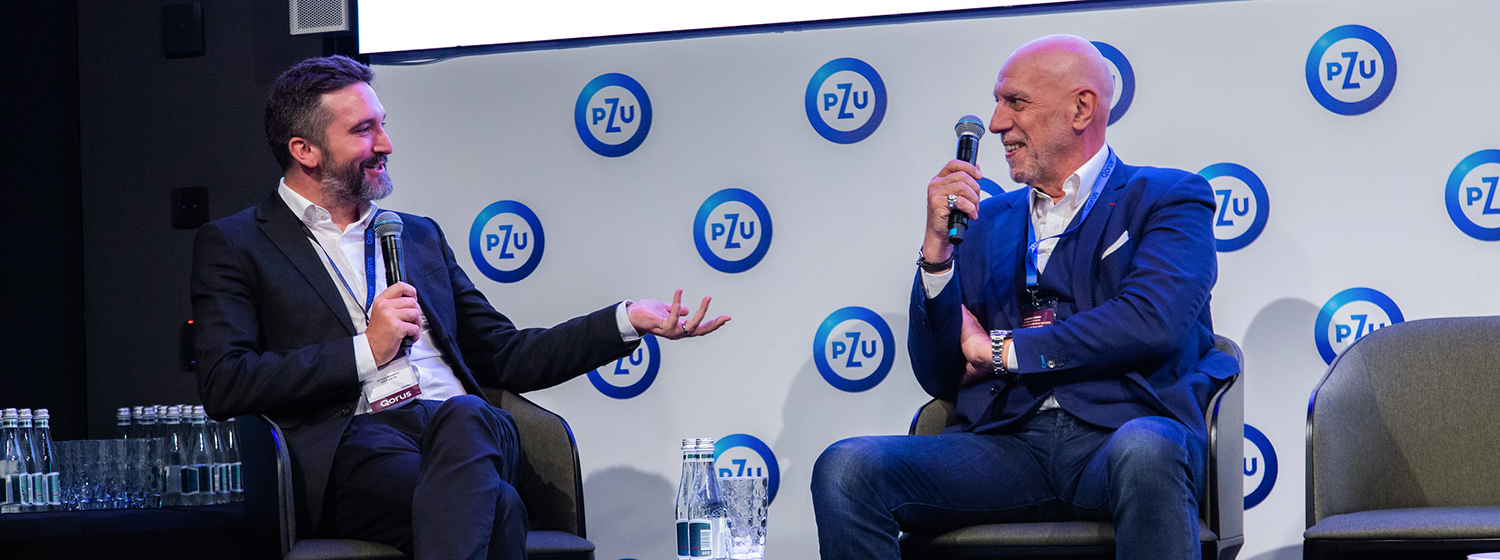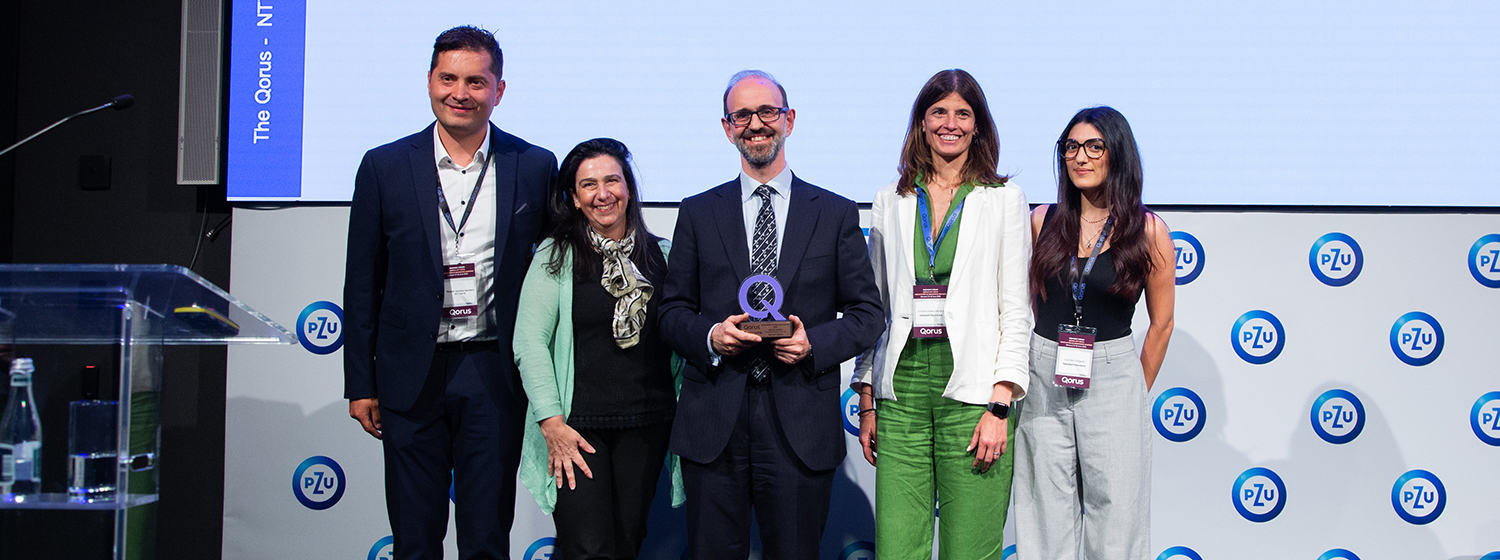Embedded insurance and artificial intelligence (AI) are two of the most powerful forces shaping the insurance industry. When combined, their impact will be enormous.
Already, embedded insurance provides insurers with an extensive range of distribution channels that deliver convenient, relevant and affordable cover. Revenues from embedded insurance are growing about 25% a year, according to Munich Re, and could contribute more than US$500 billion in global gross written premiums by 2030.
And AI is helping insurers boost the efficiency of key operations such as claims processing and fraud control. Furthermore, the arrival of generative AI (GenAI) has substantially enhanced the effectiveness of insurers’ contact centers and document processing systems. AI sales to the insurance industry are growing around 33% a year and could reach US$80 billion by 2032, forecasts Precedence Research. The surge in demand for GenAI is likely to propel AI investment even higher.
So, what happens when embedded insurance is supercharged with AI?
Supercharging embedded insurance with AI will deliver a wealth of personalized services
Embedded Insurance community
With Qorus memberships, you gain access to exclusive innovation best practices and tailored matchmaking opportunities with executives who share your challenges.
Related news & insights
Empowering seniors through innovation: Fidelidade’s Sofia takes gold
Fidelidade won the gold award in the Social, Sustainable & Responsible category at the 2025 Qorus-NTT DATA Innovation in Insurance...
AXA Climate wins silver for advancing agricultural resilience in the DRC
AXA Climate won silver in the Social, Sustainable & Responsible category at the Qorus-NTT DATA Innovation in Insurance Awards 2025...
From challenges to 85% faster responses: The story behind Santalucía Seguros’ AI win
Spanish insurer Santalucía Seguros won bronze in the Operational Efficiency category of the Qorus-NTT DATA Innovation in Insurance Awards 2025...
ERGO wins gold for ERGO GPT: A workforce transformation success story
At the Qorus-NTT DATA Innovation in Insurance Awards 2025, German insurer ERGO won gold in the Workforce Transformation category for...
Embracing AI disruption in the insurance industry: Insights from Qorus Reinvent Forum Warsaw
This event provided a platform for thought leaders to share their insights on how AI is reshaping our workforce, technology,...
Transforming retention with GenAI: Sabadell Seguros’ award-winning approach
Esther Pichardo, Chief Customer Officer at Sabadell Seguros, tells us more about VoiceIQ and the impact of their win.
At work with Ahmet Yaşar
Ahmet Yaşar, Insurance Group Head at Maher Holdings and Vice President of Insurance Association of Türkiye, talks to Qorus’ Boris...
Award-winning AI for Pet brings preventive screening to pet insurance
South Korea’s AI for Pet won silver in the Insurtech category at the Qorus NTT DATA Innovation in Insurance Awards...

